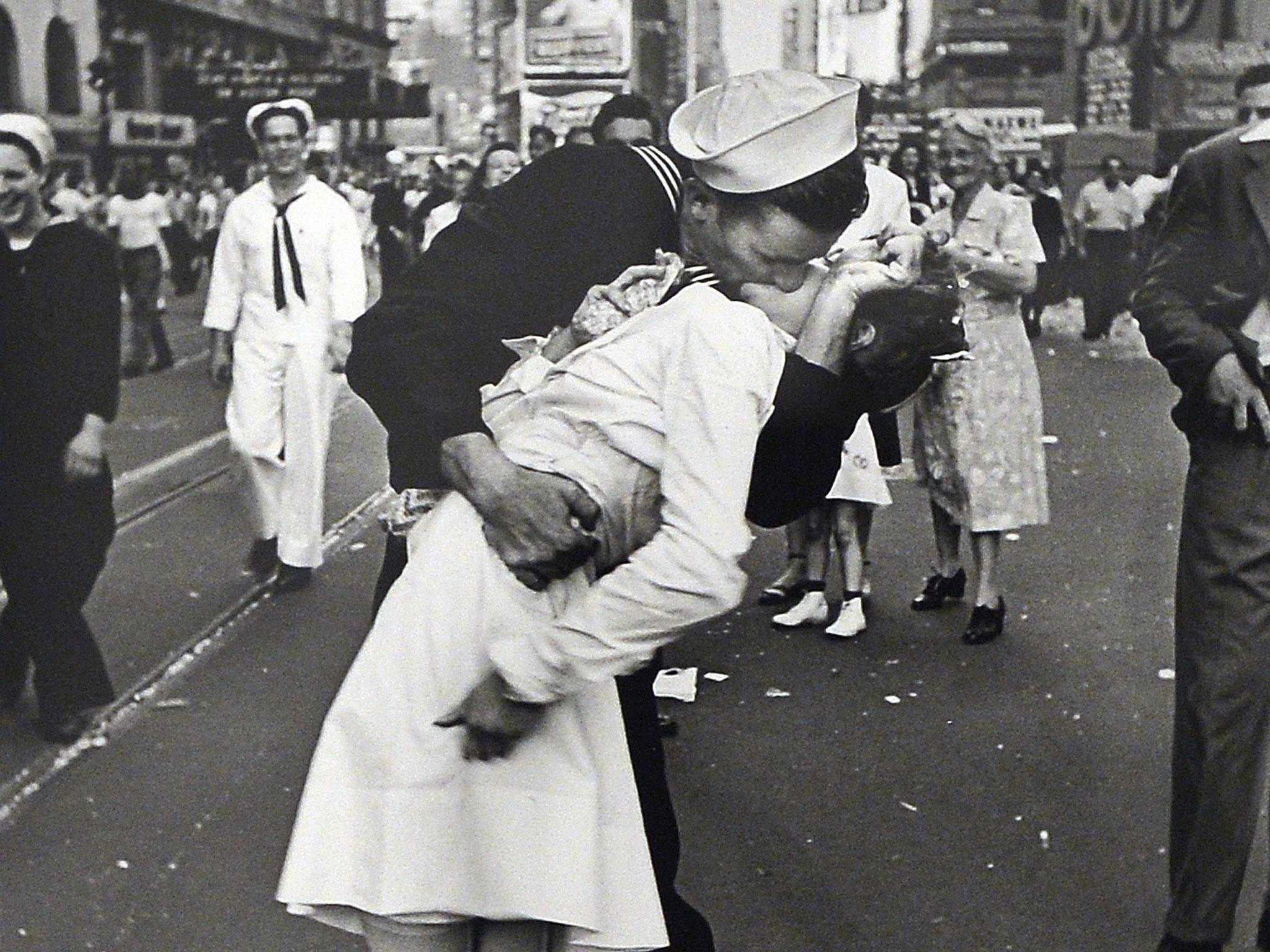How unhelpful but accepted social norms fuel sexual assault against women
We can't solve this problem until we acknowledge some deep-rooted beliefs about male and female roles in sex and relationships

Your support helps us to tell the story
From reproductive rights to climate change to Big Tech, The Independent is on the ground when the story is developing. Whether it's investigating the financials of Elon Musk's pro-Trump PAC or producing our latest documentary, 'The A Word', which shines a light on the American women fighting for reproductive rights, we know how important it is to parse out the facts from the messaging.
At such a critical moment in US history, we need reporters on the ground. Your donation allows us to keep sending journalists to speak to both sides of the story.
The Independent is trusted by Americans across the entire political spectrum. And unlike many other quality news outlets, we choose not to lock Americans out of our reporting and analysis with paywalls. We believe quality journalism should be available to everyone, paid for by those who can afford it.
Your support makes all the difference.The recent spate of sexual harassment accusations against prominent men in Westminster comes as no surprise to many of us. We expect them to know better – to have been better people – but we have also seen this kind of behaviour before… over and over again. It isn’t just powerful men – but it is almost always men.
It’s time to start looking at the deep-rooted causes of harassment. We need to try to understand why sexual harassment is carried out much more by men against women than vice versa. And this is going to involve an evaluation of our sexual norms. Once we’ve done this, we can start a conversation about the kind of sex we do want – and how to create a culture where that is more likely to happen.
Let’s consider three gendered social norms that might have a role in why men sexually harass women.
1) Men are entitled to sex
The view that men are constantly thinking about sex, and feel somehow entitled to it due to their superior status to women, is one that we are familiar with: from sexist chants at universities, to pick-up artists, to lyrics that eroticise sexual coercion (such as Blurred Lines by Robin Thicke) and films that revolve around the “winning over” of an uninterested woman. We also take it for granted that there is a large sex industry, which caters – for the most part – for men’s sexual desires.
2) Men call the shots
It is still a common expectation that men should ask women out on dates, decide where to go, and pay for them. Women, on the other hand, should play hard to get and be submissive. Consider the well-known “Rules” dating book, which has tips for women such as: “don’t tell him what to do” and “let him take the lead”.
Men are also expected to be dominant sexually – and this is implicit in the way that we talk about sex: men fuck/screw/bone women. The male dominance norm carries forward into marriage. It is still usual for the woman to wait for the man to ask her to marry him and to take his name when they marry, for example.
3) Women should be sexually pure
Women’s sexuality is controlled through slut shaming. Many men would still be uncomfortable being with a woman who had slept with many more people than he had – and many men still feel comfortable referring to women as “slags” or “sluts” for indulging in behaviour that would make a man a “stud” or a “lad”.
It is implicitly believed that women must help men to control their sexual desire and aggression. They can do this by dressing modestly, and not being too flirtatious with men. Peter Hitchens recently helpfully suggested in the Daily Mail that the niqab is what women will get from all this “squawking about sex pests”, since, as he put it: “No minister would put his hand on the knee of anyone dressed like this; indeed, he’d have trouble finding her knee, or anything else”.
So, let’s talk
These norms are obviously extreme, and are not held by everyone. They are also, I hope, being slowly eroded. But they do exist – and it is not too far-fetched to say that they have a role in creating a culture in which men, much more so than women, feel that they want to and are able to engage in sexual harassment. After all, if there is an implicit assumption that you are entitled to sex (and this view might be held particularly strongly by men who believe they are entitled in all aspects of life), that you call the shots in the sexual arena, and that if a woman is dressed “provocatively”, or acting “flirtatiously”, you just can’t help yourself, then you might feel that you do nothing wrong in harassing her.
The revelations from Westminster have opened up a debate surrounding men’s actions within that small bubble, a debate that needs to be had. But we should also use it as an opportunity to talk about gendered sexual norms, because sex is a part of sexual harassment.
We need to do more than just train men in sexual consent. Consent, after all, is a bare minimum requirement for good sex. What we need is a conversation about what makes good sex – and what kind of gender norms would improve gender relations more broadly. And I think they might end up being quite different to the norms we have now.
This article was originally published on The Conversation. Read the original article.
Join our commenting forum
Join thought-provoking conversations, follow other Independent readers and see their replies
Comments